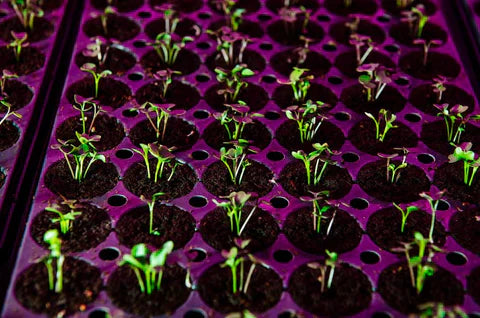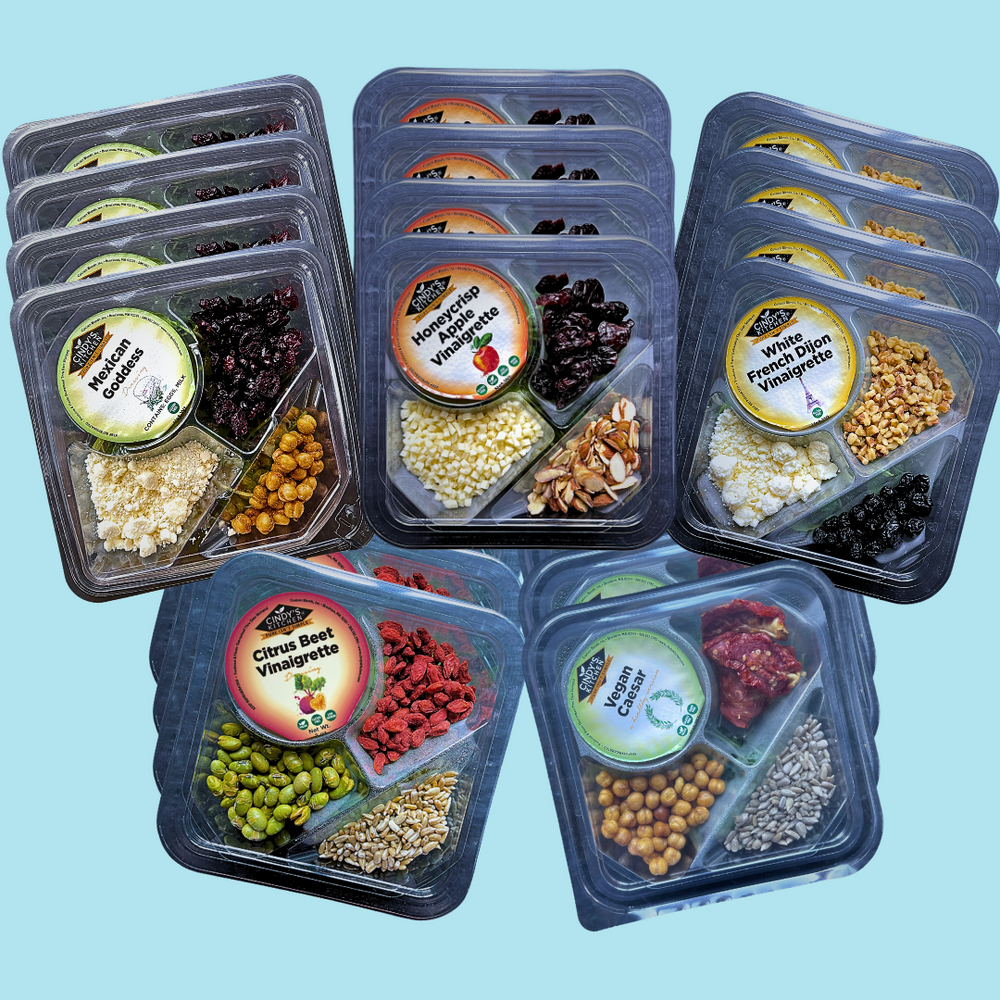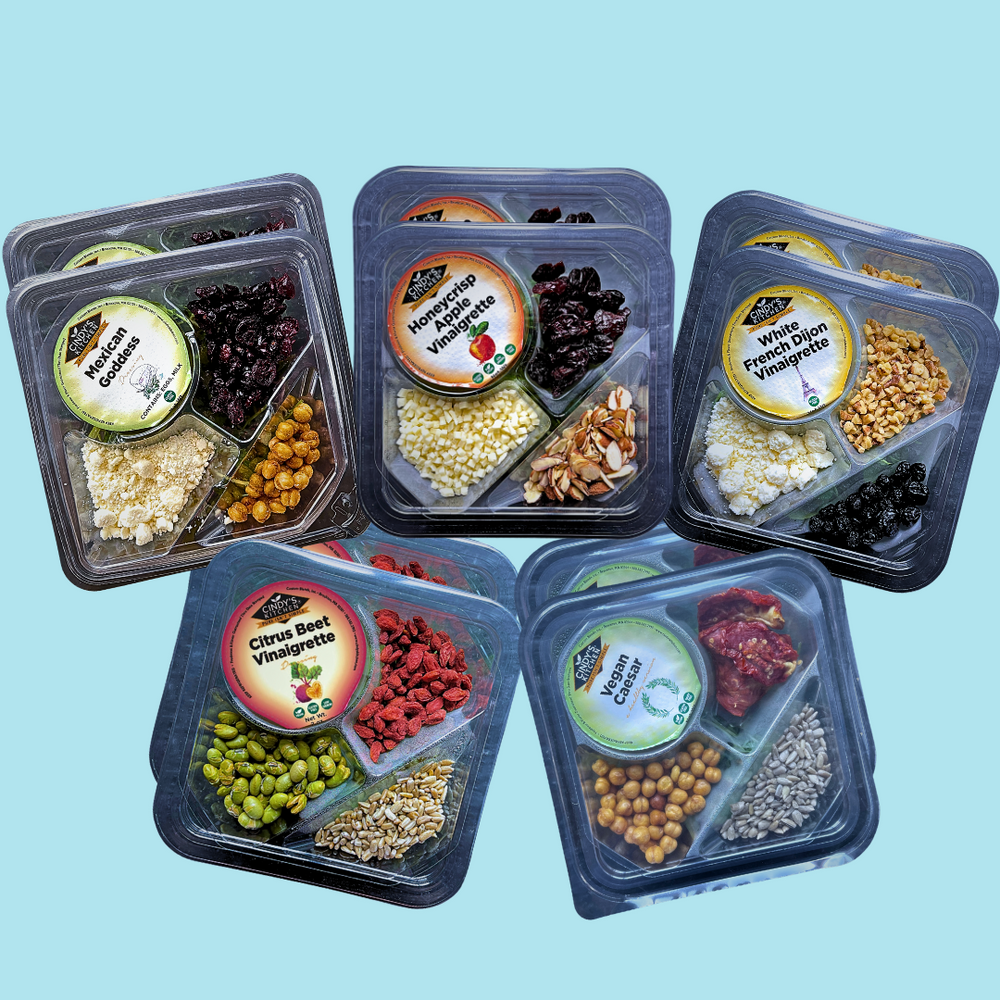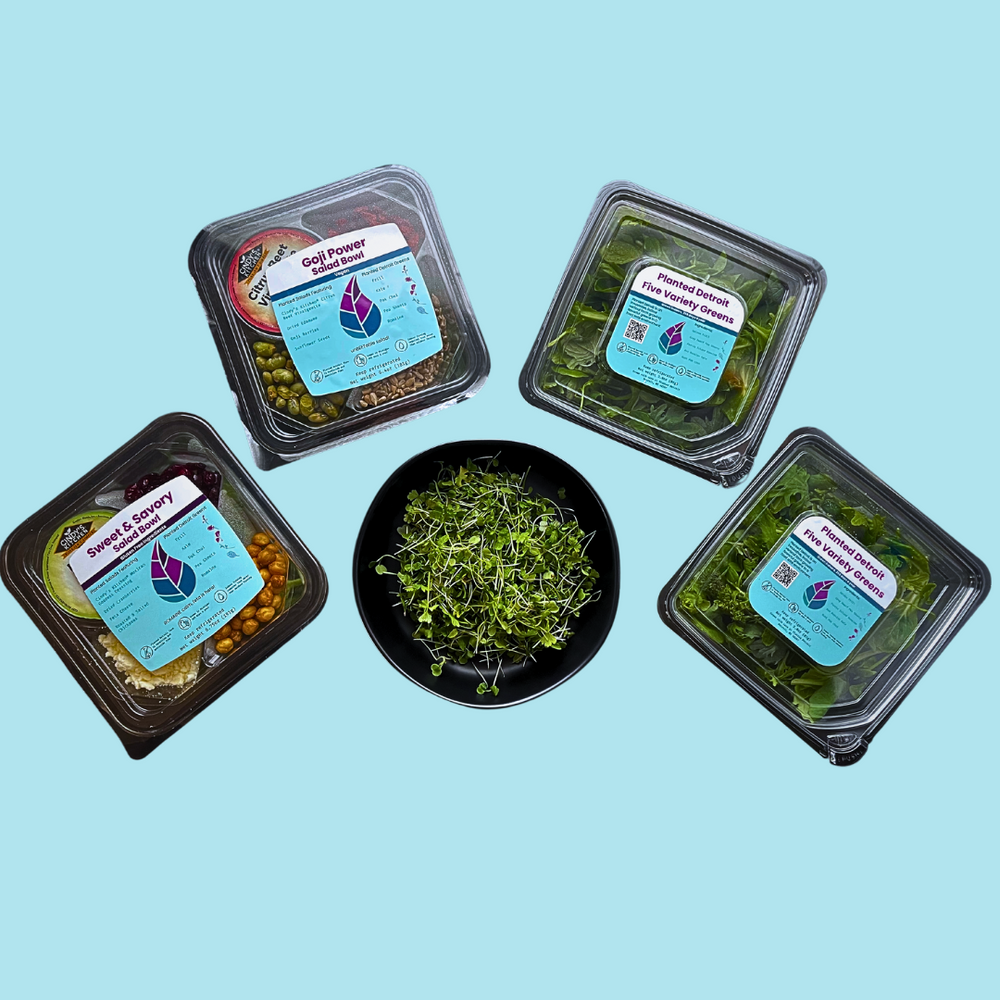
Vertical farming isn't just the future; it's happening right here in Detroit. Learn how this modern approach to agriculture is disrupting food production, sustainability, and community impact. Motor City, led by Planted Detroit, is catalyzing a green revolution that is changing the way farmers think.
Introduction
Farming in skyscrapers? Sounds like science fiction, right? Not in a world where skyscrapers are becoming a vertically-farmed reality. Because with the current state of the planet, urbanization, and climate change- a solution that sustains this is what you are going to need to feed the planet.
Detroit, being the city of resilience and innovation, will be well-positioned to capitalize on this shift in agriculture. First up is Planted Detroit, an industry game-changer, showing that a city can take the vacant and turn it into lush farms. The benefit? Fresher produce, reduced environmental impact, and stronger local economies.
What is Vertical Farming?
Vertical farming is exactly what the word says: growing crops stacked vertically on top of one another. This isn't your grandmother's garden—unless your granny was an expert with her hands in the very advanced hydroponics technology or controlled environment farming of urban agriculture.
Unlike traditional farming, food produced in vertical farms doesn't have to wait out bad weather. They consume much less water and land, making them perfect for urban areas. When imagining thriving fields in warehouses or transformed buildings, leafy greens and herbs come to mind.
Fun Fact: Vertical farming uses up to 98% less water than traditional farming. Imagine the efficiency!
Why Detroit? The Perfect City for Vertical Farming

Detroit is a city of transformation, once the epicenter of the automotive industry and now slowly emerging as a hub for urban renewal and sustainability. The city has enough vacant spaces, a high demand for locally sourced food, and a community eager for innovation. This is why vertical farming is rooted deeply in Detroit.
Detroit's revitalization and sustainability efforts make it a perfect fit for ventures like Planted Detroit. Planted Detroit is not only contributing to the local economy but also making fresh produce available in places that traditionally lack access to healthy food by using idle buildings and turning them into vertical farms.
This innovative model also creates local jobs, strengthens the urban economy, and supports small businesses by supplying fresh ingredients to local restaurants and food vendors. This will further enhance food security in Detroit, particularly in underserved neighborhoods.
Planted Detroit will help combat food deserts while fostering a more resilient and sustainable food system within the city by reducing food miles and providing an affordable, year-round supply of fresh produce
Planted Detroit: Michigan’s Largest Vertical Farm
That is very interesting right here. Planted Detroit does not only plant in space: it is actually Michigan's Largest Vertical Farm. We present an impressive operation, uniting cutting-edge technology and an enthusiasm for sustainability. Therefore, setting a high standard for urban agriculture.
All of our systems, including Planted's Automated Racking System- affectionately known as PARS- are contained in a 20,000 sq. ft. warehouse so that they can grow an immense amount of greens in a lot less space than traditional farming. The amount of technology packed into one building is a sight to be seen and a taste to be tried!
A simple mission defines them as growing high-quality, locally fresh produce for sustainable food production. Among microgreens and edible flowers, Planted Detroit offers a farm-to-table experience that changes how Detroiters think of food.
Pro Tip: Check out our salad bundles—it's fresh, flavorful, and support local farming!
Sustainability at the Core
Vertical farming is intrinsically eco-friendly, and Planted Detroit is no exception. Since food is produced locally, the distance of "food miles"—the distance food travels from farm to plate—is minimized.
In other words, reduced transportation implies fewer emissions and a much smaller carbon footprint. Vertical farming also reduces the use of harmful pesticides and fertilizers, leading to cleaner, healthier produce and eco-friendly farming practices.
Another major win is water conservation. Hydroponics allows Planted Detroit to use water efficiently and recycle it so that nothing goes to waste. We embrace renewable energy and eco-friendly practices, which ensure our operations are good for the environment.
Delivering Fresh, Locally Grown Product

One of the reasons vertical farming is so great? The produce. Planted Detroit specializes in offering a large variety of products, be it leafy microgreens, or delicate edible flowers. These aren't just fresh-they are fresher than anything that has traveled thousands of miles before getting to your grocery store.
Better flavor and nutrient intake are part of a locally grown fruit or vegetable. Planted Detroit delivers its fresh produce every week (keep your grocery baskets ready every Wednesday!), thus ensuring that the produce being consumed is the freshest possible.
We swear to help the community in the most fulfilling way.
Educational and Community Impact
It's not just about growing food, it's about growing knowledge and getting the community engaged.
Don't you think people must know about the origins of their food and how it was made?
Planted Detroit isn't only about food production; it's about growing awareness. Through workshops, tours, and community events, they're educating Detroiters on the merits of vertical farming and sustainable agriculture.
This brings the community together while motivating individuals to take up more ecologically friendly practices. From reducing the gap between the farm and the city, Planted Detroit fosters a culture of sustainability for everybody's good.
The Future of Urban Agriculture in Detroit
Beyond the fresh produce that vertical farming can now create, to redefine food insecurity within the city as well as climatic challenges that are also impacting, it will lead the new change Planted Detroit; and that becomes a gold standard in regionally urbanized farming practices. Their innovations will exhibit the tremendous potential that comes along with vertical farming, encouraging communities to participate in sustainability with localized food systems.
Planted Detroit's investment in growth and innovation is on the way to a more promising future. With modern technologies such as precision farming and automation, we are getting the maximum yield while also reducing resource use. Our focus on research and development also ensures continuous improvement, such as increasing the variety of crops farmed and further reducing their ecological footprint.
Planted Detroit also collaborates with local businesses, restaurants, and grocers, contributing to fresh, quality produce throughout the year and enriching Detroit's food ecosystem.
The future of vertical farming in Detroit is going to be transformative. It can help eliminate food deserts and boost the urban economy with sustainable solutions on a local level while reducing carbon emissions significantly from traditional agriculture.
In its ongoing journey of renewal and innovation, Detroit ventures like Planted Detroit are testaments to how urban farming can change the way food is produced, creating stronger, more resilient communities.
Conclusion
Vertical farming in Detroit is not a trend; it's more of a revolution in how to think of food production, sustainability, and living within an urban space. This use of innovative technology combined with underutilized spaces within urban landscapes creates a more sustainable and resilient city.
Planted Detroit is the biggest vertical farm in Detroit, Michigan, and epitomizes the reformation of agriculture into something better by vertical farming. Dedicated to offering fresh locally sourced produce, Planted Detroit stands out in transforming Detroit as an urban farming model.
Want to be a part of the future of farming? Take a trip out to Planted Detroit's farm and see for yourself how they're shaking things up with fresh, local produce grown sustainably. Now it's time to dig into the future of food!



